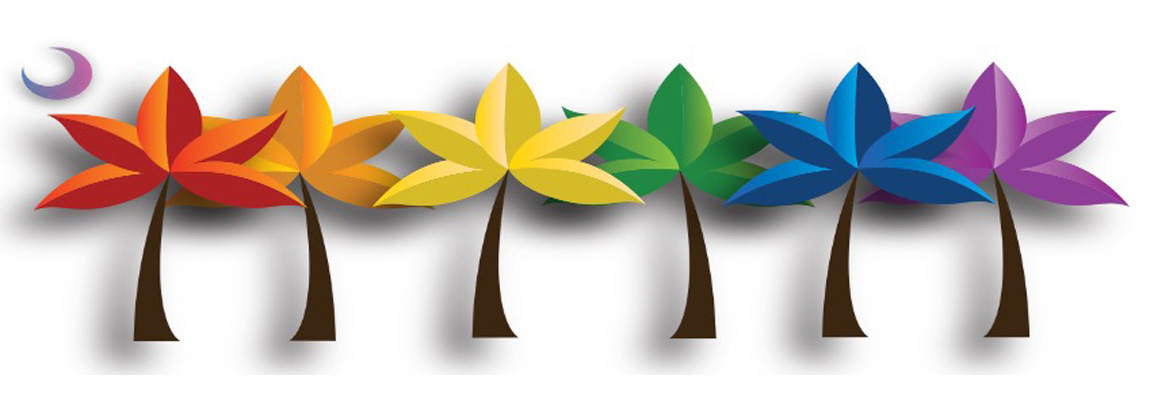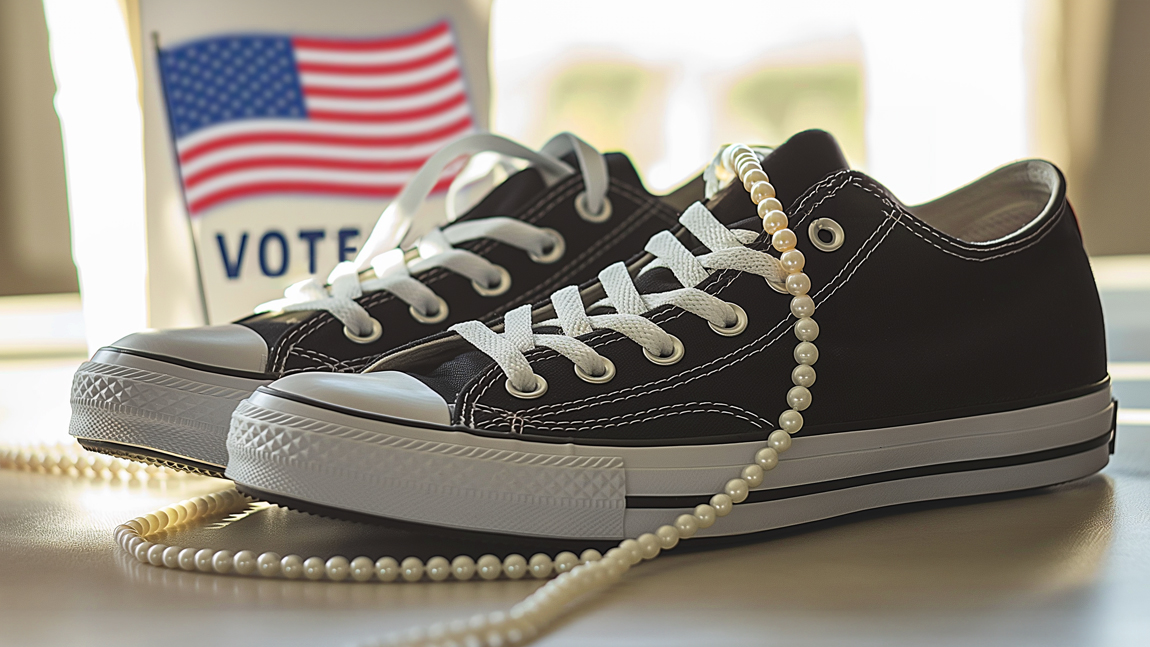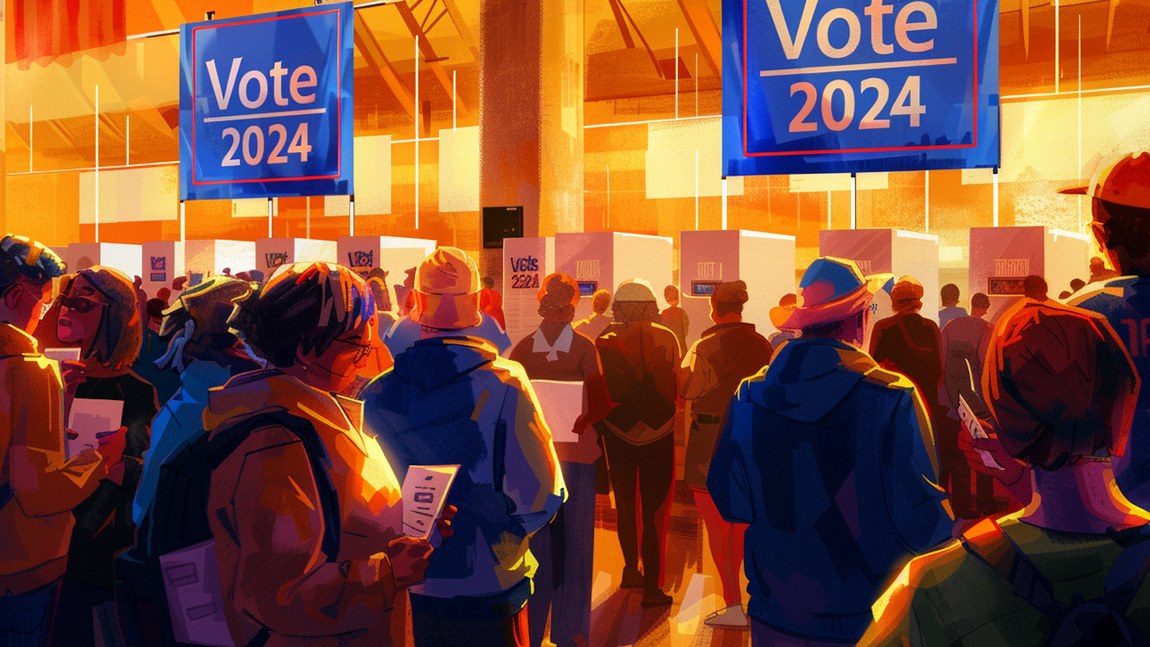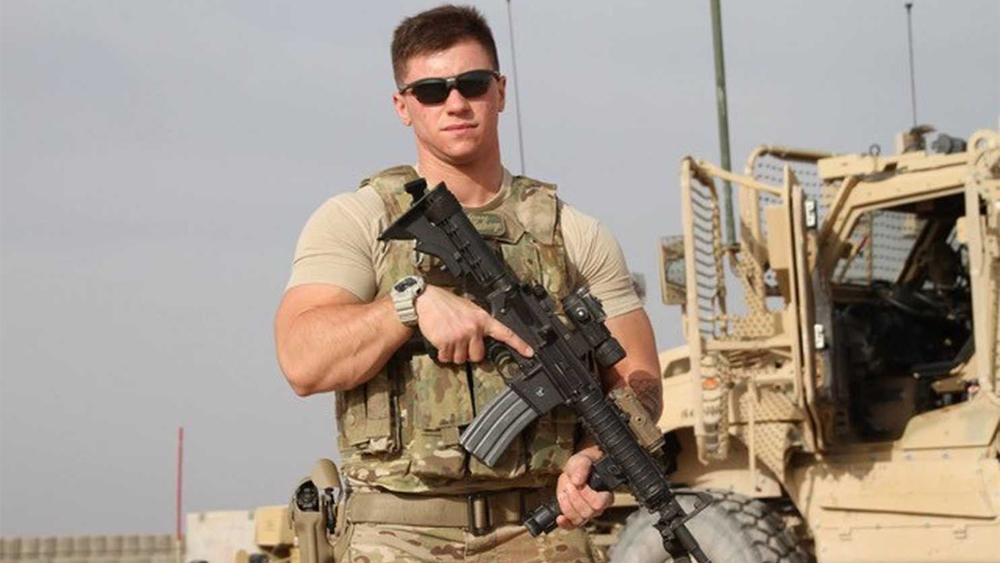by Ryan Thompson.
The year is 2007 and on May 16th while leaving a bar in Greenville, South Carolina, gay 20 year-old Sean Kennedy is attacked by a man who pulled up in a car. The punch Kennedy received was thrown with enough force to break facial bones and when his head hit the ground, his brain separated from his brain stem, ultimately resulting in his death.
Kennedy’s attacker, Stephen Moller, was charged with involuntary manslaughter; his arrest warrant said the cause of the assault was the “defendant not liking the victim’s sexual identity.”
To many, Sean Kennedy became a martyr. His death served as an impetus in the campaign for new hate crime laws both in the state and nationally, including the Hate Crime Prevention Act, signed into law by President Obama in October 2009.
But since there was no such law when Sean Kennedy was murdered, Moller was sentenced to just five years in prison. His sentenced would later be suspended to just three years for time already served, and he was paroled in 2009.
The attack on Kennedy was just 10 short years ago, and although political climates have become more accepting and progressive with respect to LGBT issues, being a gay teen in the South has had its difficulties for me. Although I cannot relate to the physical abuse that many LGBT people face on a daily basis, I can empathize with first-hand experience of the emotional trauma that results from being bullied, and I can share what it is like to be an openly gay teenager in the South.
Many people, especially in our area, do not realize how many LGBT people they come in contact with every day. Roughly one in 10 people whom you meet are part of the LGBT+ community, regardless of age, but most of those who are “out” are in the younger generation. But, the problem for them is that their sexualities and identities are viewed as phases and treated as such by adults. For gay youth, we are tired of being treated as children who do not understand ourselves, and we are also tired of our peers, and even teachers bullying us without repercussions.
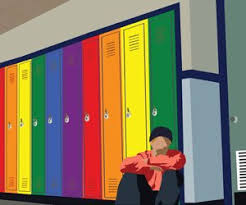
The bullying can be physical, emotional, verbal, or it can be expressed in other ways. I have been ridiculed by boys my age since the second grade, and called names like “fag” and “queer” before I even knew what those terms meant. When I ran for class officer, my posters were ripped down and I heard some students in the school hallway yell “Don’t vote for the fag!” I heard students say “LGBT people shouldn’t be allowed to run [for office]” and when the school resource officer found out, the response was anger at me for not reporting the bullying, rather than disciplining the students who made such remarks.
Other students have been bullied by teachers, the very people who are supposed to protect them. The student’s names, teachers, and schools will be left anonymous to protect their identities. One student who told his teacher he identified as pansexual and genderfluid was told by the teacher that he could “change that.” Following the presidential election, that teacher went on a rant bashing Democratic Party ideologies and promoting Donald Trump to the students. The teacher called out the student for stretching and declared that he did not need a “raggedy ass student in his classroom and to get out.” Other students made homophobic jokes, and my friend left the classroom in tears. He went to our principal who made the teacher apologize.
The student mentioned above, as well as two other students I know, are convinced that when presenting projects on issues such as LGBT representation in schools and the workplace, and gay parents adopting, they received lower scores than their peers due to the teacher’s personal views — an unfair action that can affect their ultimate school grades and their futures.
The solution to these problems is not one that can be achieved overnight, but only over time with support. Thus, support groups at schools and in the community are essential to ensuring the safety and well-being of LGBT youth who are being discriminated against by students and even adults at their school.
 If you are a parent reading this, think to yourself, do you want your child to be a bystander to the bullying or do you want him or her to speak up? These children are innocent and do not deserve to be ostracized by their peers, teachers, or other adults. They deserve the same respect as any child, and until they are treated the same, an injustice in our country will continue unless we take action!
If you are a parent reading this, think to yourself, do you want your child to be a bystander to the bullying or do you want him or her to speak up? These children are innocent and do not deserve to be ostracized by their peers, teachers, or other adults. They deserve the same respect as any child, and until they are treated the same, an injustice in our country will continue unless we take action!
If you are looking for support, The Trevor Project is a great online resource for coming out and suicide prevention. Local support can be found in the Democratic LGBT Committee, Gay Straight Alliances at various high schools, and for transgender individuals, the T-Time support group in Myrtle Beach.

